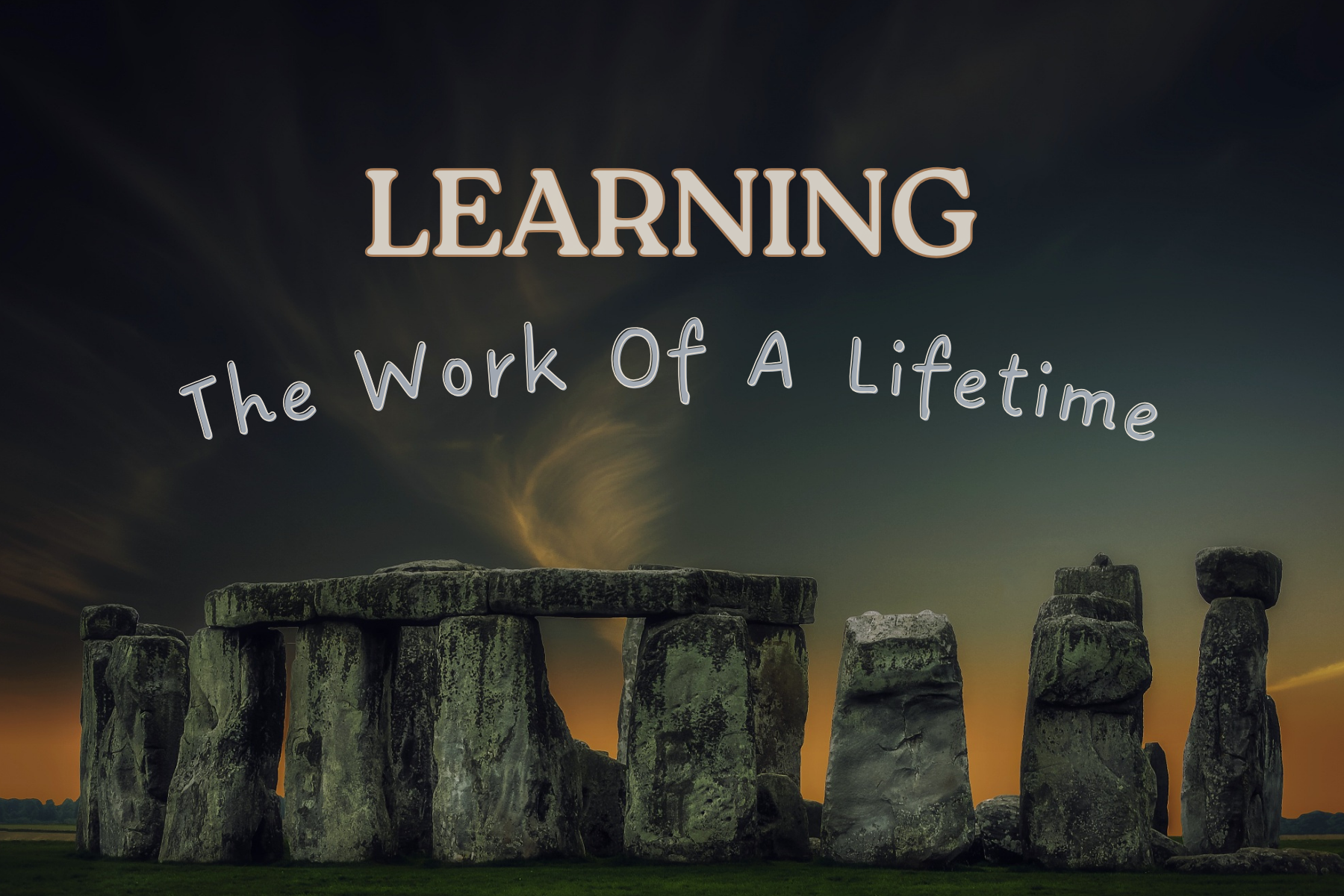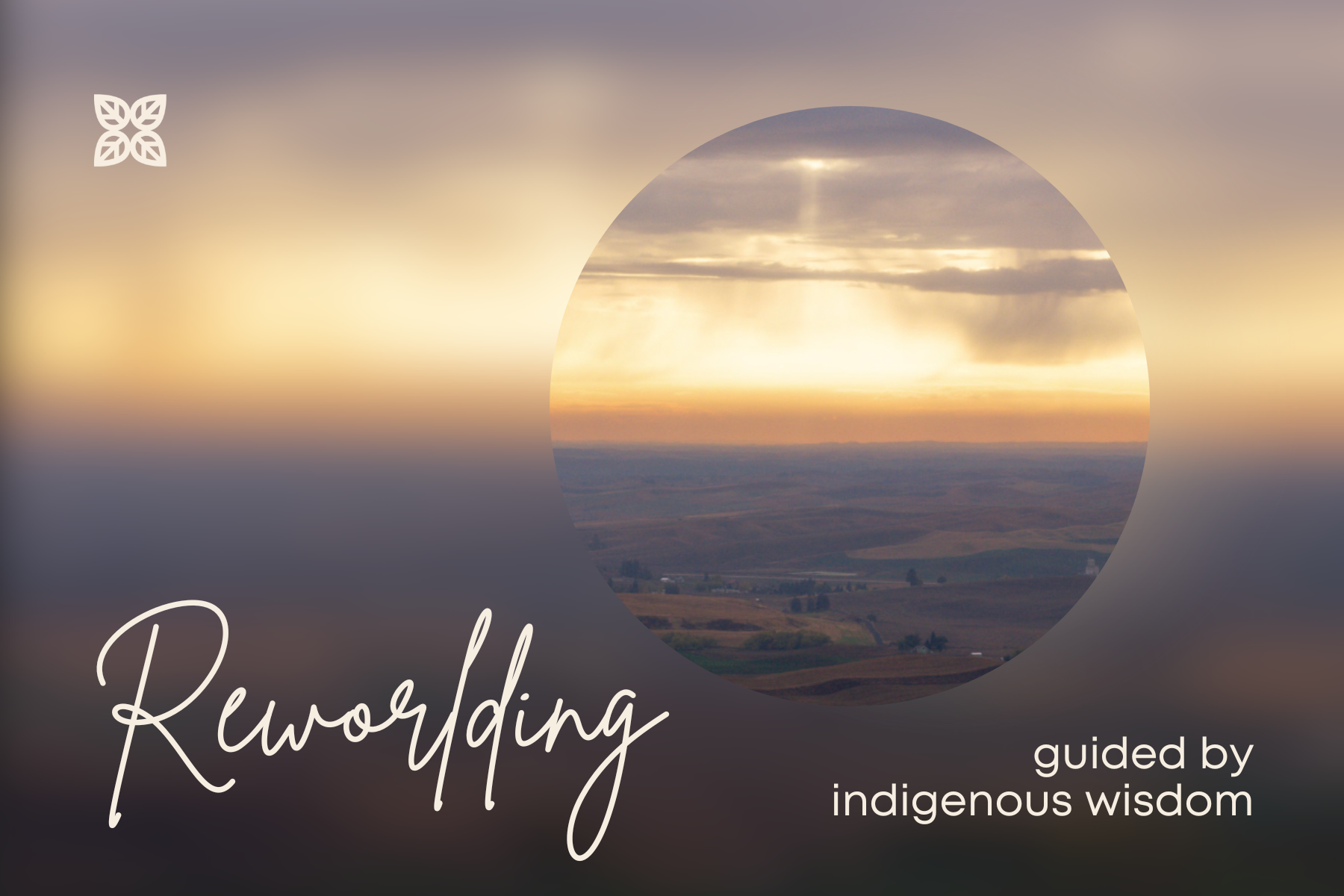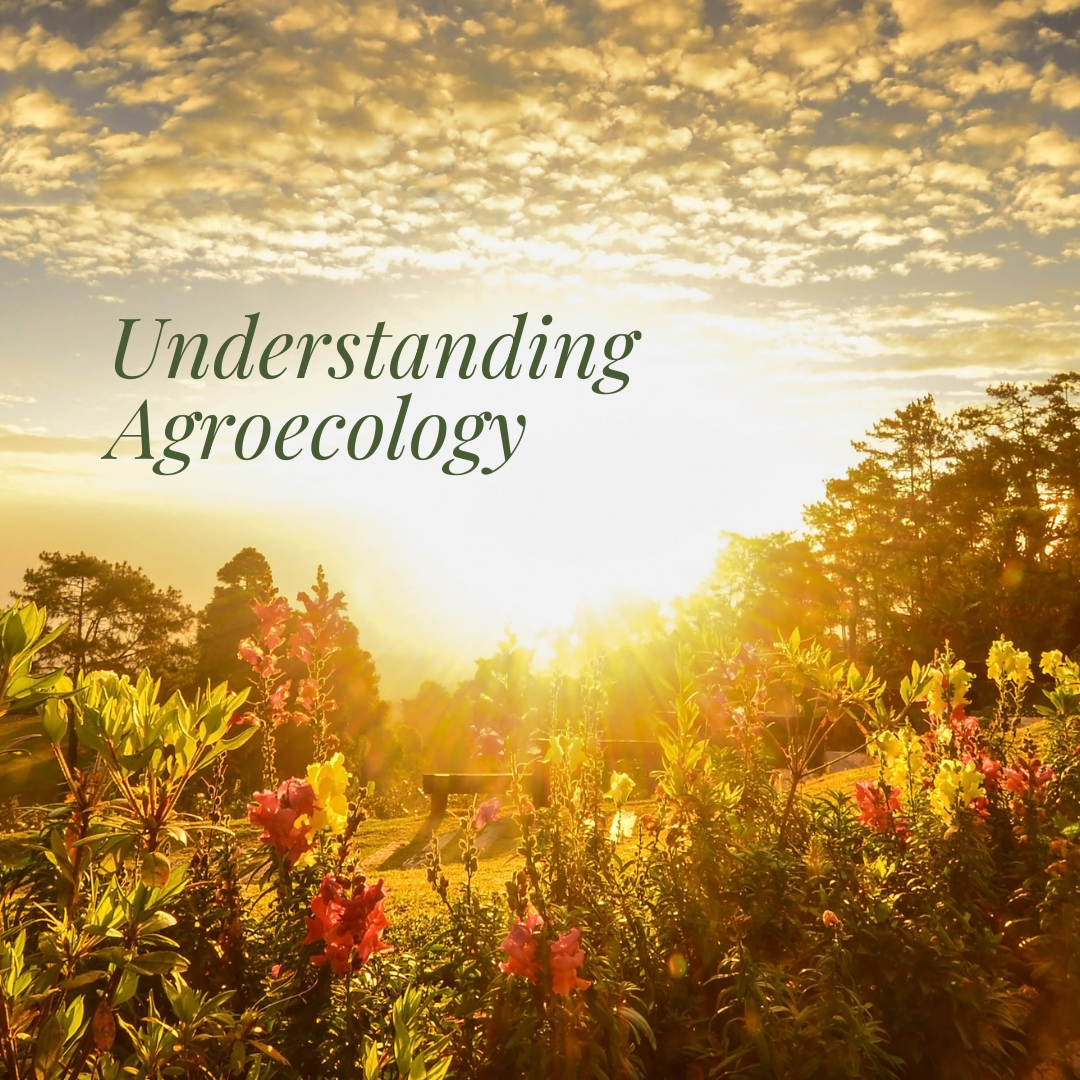Education for a World in Transition
Our educational system ought to be built around a nuanced understanding of ecology, earth systems, and our place within them. Would we be facing the intersection of human and geologic time in the form of climate and ecological catastrophe right now if government and business leaders had earned degrees in Human Ecology? Or Earth systems? If they had to, as part of their formal education, learn how to grow organic food and care for farm animals? To harvest or slaughter, store or process, and cook that food for their community? To live in and be accountable to a community? I doubt it. Because every policy or business decision would have to be made in the context of living on a physically finite planet, informed by real, face-to-face interactions with humans, other animals, and the living systems that enable us to live here.
We Need to Talk About the Climate Emergency
As we go about our daily lives as privileged people in rich countries, most of us don’t spend much time thinking about the climate emergency, let alone talking to friends and family about it. The problem of the climate crisis is so big, so all-encompassing, and the causes of it so intimately tied to the neoliberal socio-economic reality that we live in and have grown up in, that we cannot imagine a way out. So most of us just don't talk about it- especially not to our families or associates. Especially not during the holidays. But we need to. We MUST.
Why Should We Trust What Climate Scientists Tell Us?
Misinformation spreads faster on social media than the coronavirus spreads through a crowded room, and it can lead to poor decision-making by individuals and governments that then affects entire communities and even the long-term viability of life on this planet as we know it.
The Giving of Thanks
If I'm absolutely honest with myself, this long weekend still is a treasured time. It offers much-needed space to enjoy several of my favorite things: creative cooking for others (with at least some foods we grew from seeds we keep), a luxurious stretch of slow days filled with reading, snuggling, game-playing and leftover remixing, and giving voice to our gratitude. But that's not something that feels safe or even sensitive to say anymore. In fact, I'm not even sure how the hell I'm supposed to refer to today.
Returning the Pie Plate
The more I thought about it, the more the disposable pie plate felt sad, more a sign of alienation, loneliness, and impermanence. The sort of feeling I get when I remember that we produce food via the exploitation of others in faraway places whom we never have to meet, never have to look at in the face, in the eyes.
What is Care?
One definition of care is that it comprises all the support and attention we need to make our world. Care maintains and contains and repairs the broken world in which we live and love and have our beings. Care is the spiritual, emotional, intellectual, and physical capaciousness that lives at the heart of making and remaking our world.
Rededicating Ourselves to an Enduring Peace
Think of those who serve the cause of peace, honor their lived experiences, and dignify their dedication. Let silence and stillness remind you of what peace might feel like. Let it remind you that peace is possible if we rededicate ourselves to it.
Radical Imagination
A broken heart is a portal. It can lead us, if we let it, to all the other broken-hearted people who will no longer bear the world as it is. To all those willing to continue showing up with their still-soft hearts -- gaping but beating just the same. Maybe stronger. To those who journeyed into the darkness with only their belief in the inexhaustible power and irresistable logic of love. To those who will eventually sit and rest in the darkest depths... and reach out their hand... trusting that anyone else who's traveled this far also did so to escape, to start again.
Learning: The Work of a Lifetime
Even if we have an inkling of the impact we wish to have, the path ahead is unlikely to be linear or easy to trace. As we collectively face intersecting ecosocial crises -- and recognize the need to exist as part of nature and in ways that promote equity and mutual thriving -- we cannot be certain of what we’ll need to know in the future. Why, then, do we expect young people to invest so much time in their education without first the chance to explore their identities and figure out what broken parts of the world they most want to repair? And why do we expect older people to grapple with a changing world in isolation?
Surviving the Future: The Deeper Dive 2024
And then — the most important part — we get to talk it all over together, as we deepen into our months and friendships together — our hopes, our dashed aspirations, our grief, our longings, our commitments, our fear, our aliveness. With eyes fully open to the predicament that our times represent (and an understanding grounded in the late David Fleming’s work), we get to find our way to meaning, together.
Partner Spotlight: FrontLine Farming
FLF offers practical workshops about farming, seed saving, composting, mycology, apiculture, natural dying in accessible, stage-appropriate ways to community members of all ages – toddlers-through-elders. They restore knowledge of medicinal herbs and plants that support preventative approaches to taking control of one’s own health through workshops on topics such as growing your own herbs, the endocrine system, digestive system herbs, and medicines of Black captives. Additionally, FrontLine provides food justice lessons about systemic apartheid-like conditions within food systems. Finally, language justice is prioritized at FLF, which provides interpretation for each public class and public meeting in Spanish, English, and other languages as needed.
Partner Spotlight: Maati-Paani-Asha = Soil-Water-Hope
Living soils and well-managed, clean water are essential for bringing hope to a part of the world that didn’t benefit from colonialism, capitalism, or globalization and is already experiencing intense climate impacts. The Maati-Paani-Asha Center at Gopikabai Sitaram Gawande College (MPA) aims to address the challenges in and around Umarkhed, India by modeling and supporting a transition to agroecological farming practices that regenerate soil, water and hope, increase food access and provisioning, improve food marketing practices, coordinate community infrastructure improvements, and disseminate novel psychosocial supports.
Partner Spotlight: Plenitud PR
Plenitud’s founders were young - they followed where their interests pulled them, they experimented, traveled, studied, and discerned what they wanted for themselves and their world. Mentors showed them the way. Soon, they began to sow seeds. Slowly, their network grew, their farm grew, and so did their impact.
Falling Apart Together
“Neither a blog post nor an email nor a playlist nor some poems will bring back the dead or create safety for those in harm’s way. It will not change the course of geopolitics or the hearts of the power-obsessed. It will not bring an end to apartheid or war. But it might help us hang on to compassion and moral clarity as conflict contorts into genocide. It might let us fall apart together and reassemble the pieces of our broken hearts into something new. Something more capable of bringing the other worlds that are possible into being before it is too late.”
On Indigenous Peoples’ Day:
“In a brutally colonized world, indigenous thinking offers vital possibilities for reawakening, realigning, and reimagining. Restoring and re-storying. Yet, even as we honor and are inspired by indigenous ways of knowing, being, and belonging, we also try to resist the tendency toward abstraction. It is important to simultaneously open ourselves to the world-saving potential of indigenous knowledge systems, values, and lifeways, materially support the well-being of indigenous peoples around the world who are protecting, preserving, and evolving their cultures despite fierce and ceaseless challenge, and resist attempts to further erode the sovereignty of indigenous peoples near and far.”
Floods, Tumors, and The Cat
Because despite everything, Lucy the cat suddenly matters more than anything in the world. I need Lucy the cat to matter. Because if she doesn’t, then why bother mourning the climate crisis at all? When we mourn the climate crisis, when we remove abstraction and think about what it really means for the climate to change, I suspect we’re actually mourning Lucy the cat. We’re mourning her mattering.
Something That Happened
Even as I failed to notice the rate the water was rising, the scenes became weirder. The yard now had a current. Car alarms were sounding in the distance. Fire trucks driving through the water created huge wakes. Sitting on the dock that was once my front porch, I was literally splashed with a moment of clarity at the severity of the situation when the waves created by the passing truck sent a ripple of water over my head, drenching my pajamas. The toilet and tub began uttering foreboding, ominous gurgles.
Understanding Agroecology
For many decades, sustainable agriculture persisted in the shadow of so-called “conventional” agriculture. But now we know, without a doubt, that dominant methods of production -- better described as synthetic-intensive, extractive, and industrialized agriculture -- are doing a world of damage. This makes alternatives alluring. Each of the new (or repackaged) alternatives claim to be better and “greener” than what has come before. Each is positioned as existentially necessary in the context of climate change. And each hopes that their particular reinvented narrative for sustainable/alternative agriculture captures the imagination and carries the day. But beneath these similarities sit stark differences in motivations, values, and priorities. Some contenders have entered this struggle with the aim of capital accumulation; others seek genuine socio-ecological transformation. Still others fall somewhere in between.
The Secret Truth Behind Environmentalists’ Favourite Argument
When environmentalists argue amongst themselves, whether at some formal debate or late at night over a few drinks, I confidently predict that the argument will go like this.
Guess Who: Learn How to Tell the Buzzy Bugs Apart!
Telling the difference between a honey bee worker and other types of bees may be difficult at times, and it takes practice to notice the subtle differences in body size, coloration and fuzziness. But using these guidelines, you can be sure to know the difference between the most commonly mistaken groups: bees, flies, and wasps.




















